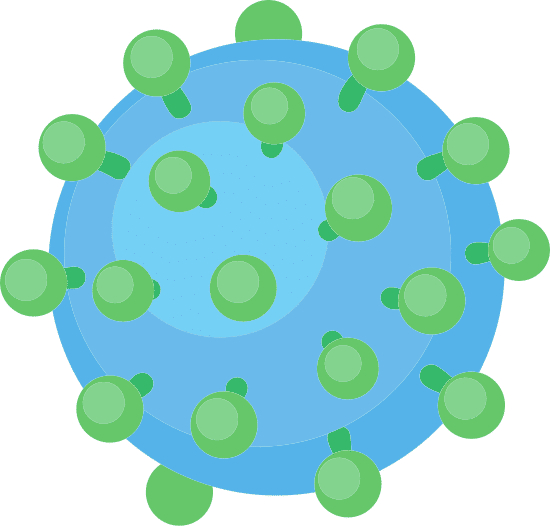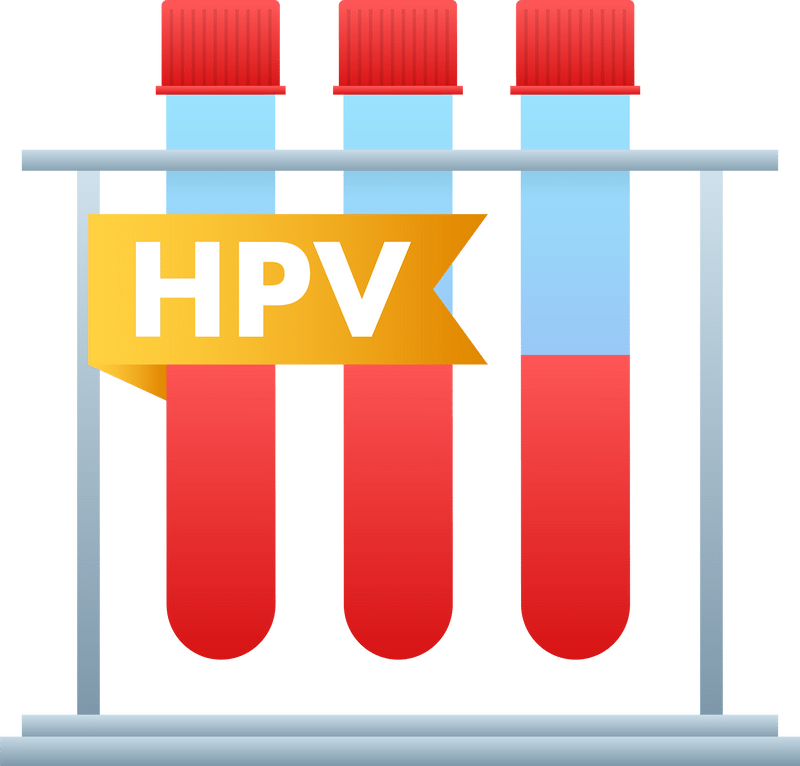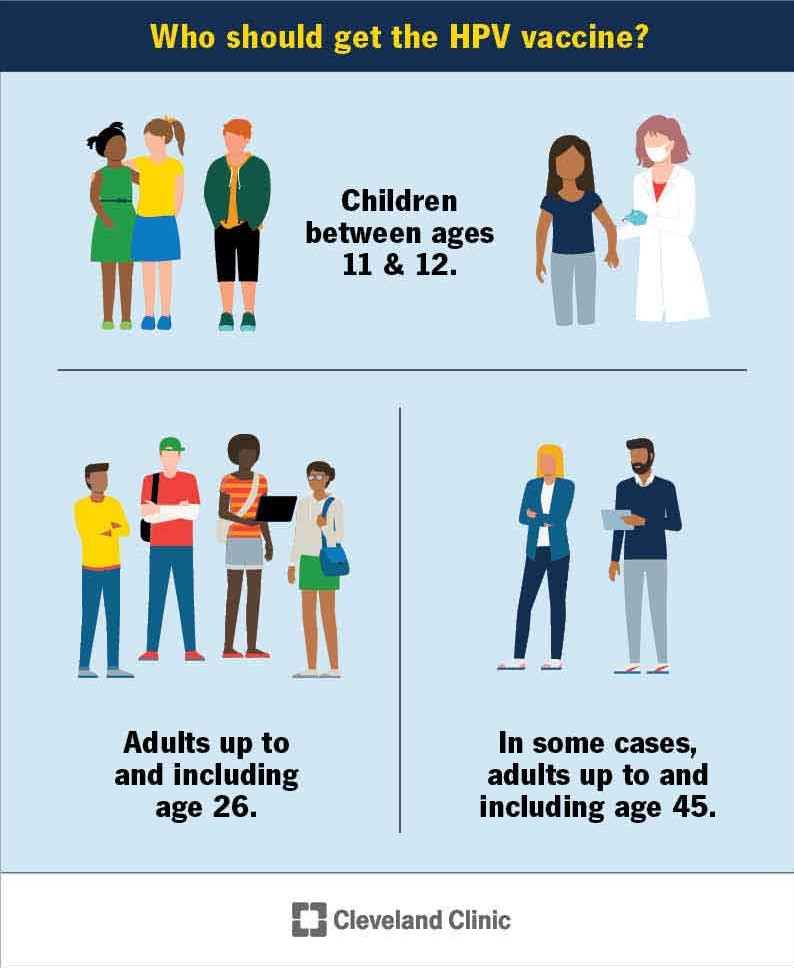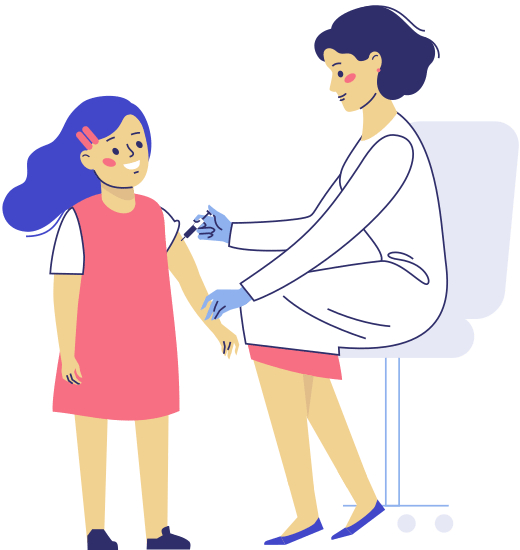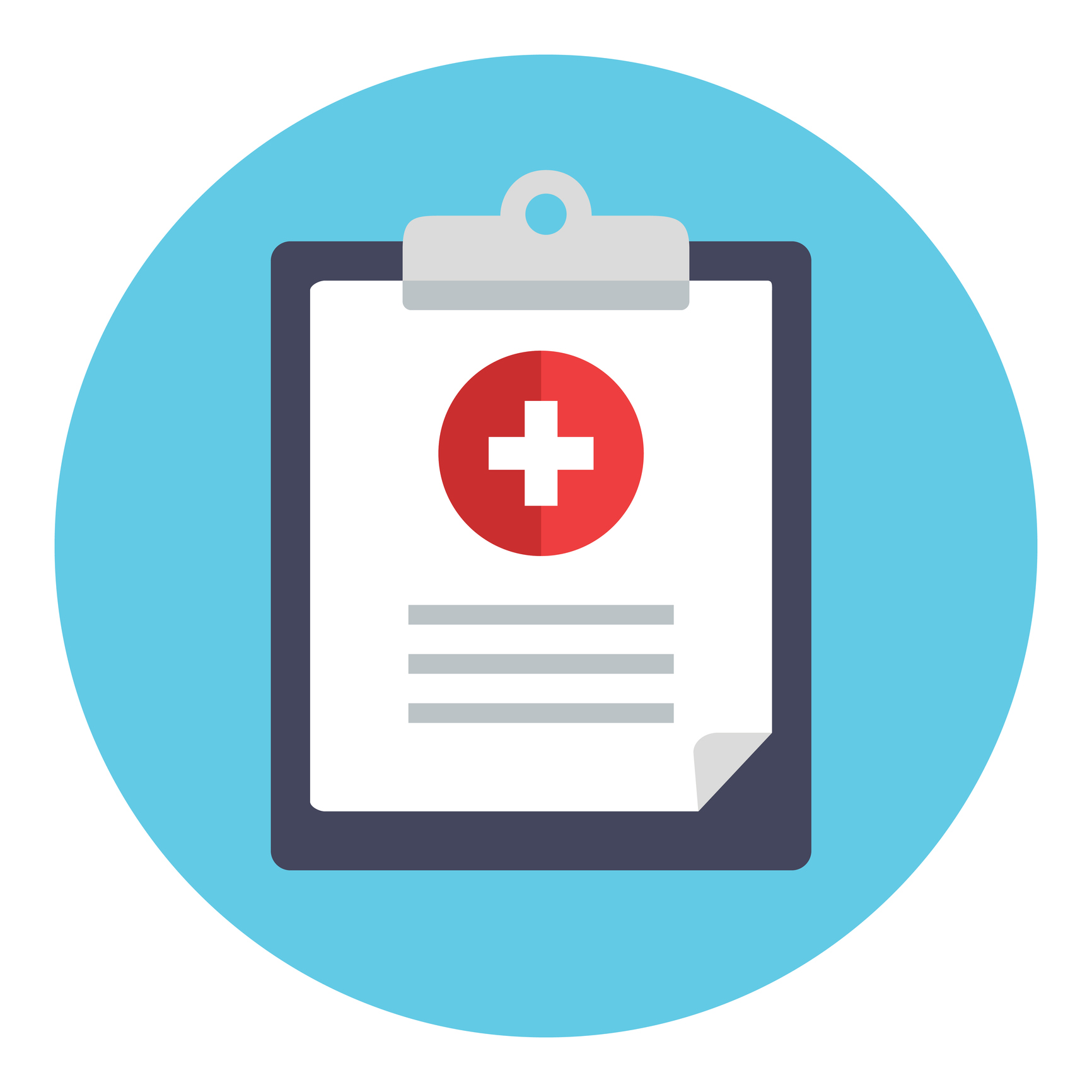HPV can infect various body sites and cause different disease based on HPV type and exposure. Some HPV types cause cutaneous infection (eg plantar warts) and some types tend to infect the anogenital epithelium causing genital warts (HPV 6 and 11) or squamous intraepithelial lesions/cancers (HPV 16, 18, 31, 33, 35, 39, 45, 51, 52, 56, 58, 59, 68, 73, and 82)
Worldwide, cervical cancer is the 4th most common cause of cancer in women. In the United States, women have more access to regular screening, early detection and treatment, but over 30,000 women are diagnosed with HPV related cancers each year. Other types of cancers prevented by HPV vaccine include:
- Oropharyngeal Cancers
- Anal Cancers
- Vulvar/vaginal cancers
- Penile Cancers


